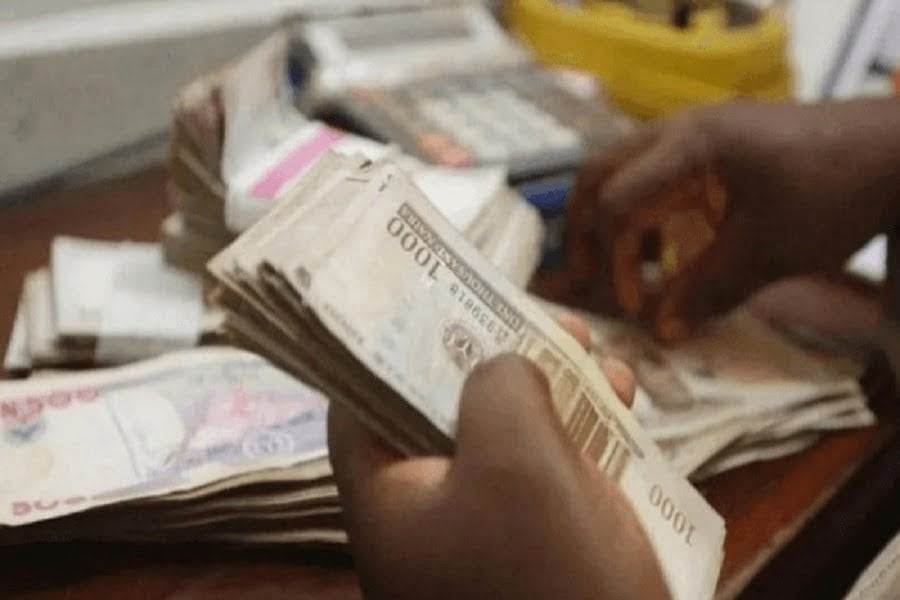It is no longer news that Nigeria has officially floated its Naira currency after years of sticking with a hard peg that spooked investors and drained dollars from the economy.
This came after the Central Bank of Nigeria (CBN) announced the abolishment of its multiple FX windows, collapsing all the official FX segments into the Investors & Exporters Window (IEW).
Accordingly, the CBN re-introduced the “willing buyer, willing seller” model at the IEW, with the operations guided by the extant circular on the establishment of the window, dated 21 April 2017.
The development means buyers and sellers of foreign currency in the official FX market are now allowed to quote rates they find comfortable in the FX market, as against previous practice where rates were dictated by the Central Bank of Nigeria (CBN).
The Investors & Exporters (I&E) window is now quoting a range of between N663 and N702/$1, according to customers who cited emails received from their banks. This implies a 27 per cent decline in the Naira compared to the previous rate of N463/$ which the CBN quoted as the I&E rate on its website. However, a look at the apex bank’s website as at June 15, 2023 showed the I&E rate stood at N589.45/$1.
This follows closely on the heels of President Bola Tinubu’s commitment to unify Nigeria’s various exchange rates. Reacting to the development, experts have quickly lined up on opposite sides of the aisle. Some argue that it would allow the currency to adjust to changing economic conditions, which can help promote competitiveness, adjust trade imbalances, attract foreign investment, and respond to shifts in global markets. Others swear that the exchange rate will become more volatile and subject to fluctuations, which can have both positive and negative implications for the economy.
However, what does floating the exchange rate mean? The floating exchange rate can be defined as the relative value of a country’s currency determined based on the demand and supply factors prevailing in the forex market. No attempt is made by the country’s government or any other person to influence such an exchange rate.
In the case of the floating exchange rate system, when the currency’s demand is low, its value decreases, but at the same time, due to this, imported goods will become more expensive for the people holding the currency. With this, people will usually stop importing the goods and start buying domestic goods. As a result, more employment will be generated, thereby stimulating the economy.
The vice versa of this also holds wherein the currency’s demand is more than its value increases. However, at the same time, due to this, imported goods will become cheaper for the people holding the currency. With this, people will usually start importing more goods. As a result, they would stop buying domestic goods. Subsequently, more unemployment will prevail in the economy and thereby cause a slowdown in the economy. Again, the private market determines the management of a floated exchange rate based on supply and demand in the open market.
The managed floating currency rate is similar to the flexible currency rate system. But during heavy and frequent fluctuations in foreign exchange markets, the CBN, under a managed floating exchange rate system, can interfere in the foreign exchange market to purchase or sell the currencies to minimize the fluctuations and keep their currency price favorable for international trade.
Experts’ view
Economic experts speaking on the impact of the current FX policy noted that the free float is the beginning of a process on price discovery and then interactions in the market. They however, stated that if Nigeria continues to face problems like inflation, unemployment, or deficit in the balance of trade, then floating the exchange rate may worsen the macro-economic condition of the economy.
Speaking during a programme monitored by Daily Sun, the Chief Executive Officer, Financial Derivatives Company Limited, Bismarck Rewane, said the current development is more of a process due to the foundational and structural problems in the Nigerian economy.
According to him, the Tinubu-led administration is trying to confront the structural problems frontally.
Rewane said, “There is a demand structure and then a supply structure. Because the supply was short and the price was manipulated downward, there was a gap and so what you have done is to move the price up so that excess demand will shrink and that automatically translates into an optimization of supply. But again, that does not increase the supply of FX and so when people begin to take the seriousness of a policy, then they will bring in money gradually. We are seeing the right things, doing some of the right things and eventually we will get to a point where our words, deeds, thoughts will all be aligned.
However, you must note that the invisible flow that comes into Nigeria comes in goods and all sorts of things, that should not be the way as it is inefficient and a burden on the people. People may tolerate some things when they can no longer do that, it then flips back and then signs of unrest begin to manifest. The solution is make the right policy announcements, make personal changes, work with the right team and then eke out institutional reforms which will outlast various administrations, that is how history is made”.
For his part, Public affairs analyst, Elvis Eromosele, said, floating the currency could impact Nigeria’s external debt and financial stability.
“If the Naira depreciates, the country’s foreign debt obligations in other currencies, such as the US dollar, would increase when converted to naira. This can potentially strain the government’s ability to service its debt. Nigeria’s total public debt stock as of March 2023, was N46.25 trillion, excluding the estimated N27. 55 trillion ‘Ways and Means’ loans from the Central Bank.
The government must urgently instigate steps to cushion the impact of currency floating on every Nigerian,”. Eromosele said.
Sunnews

